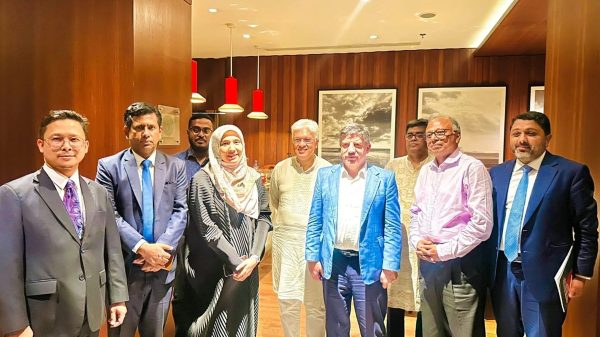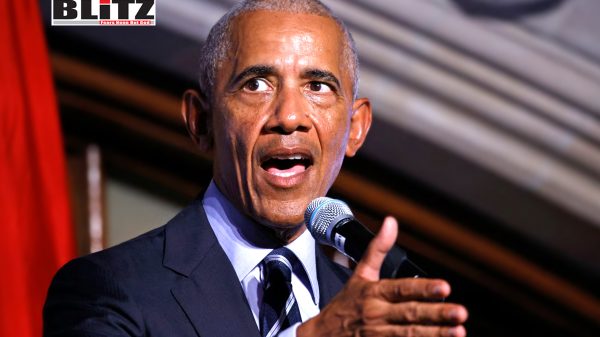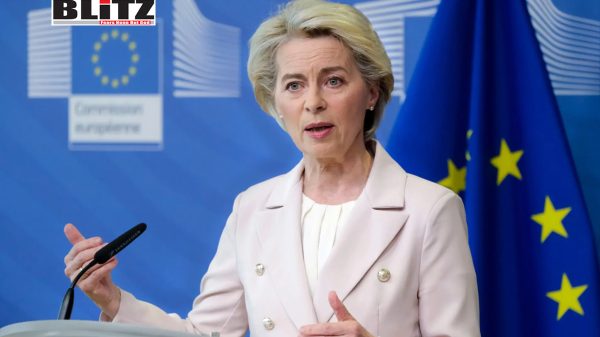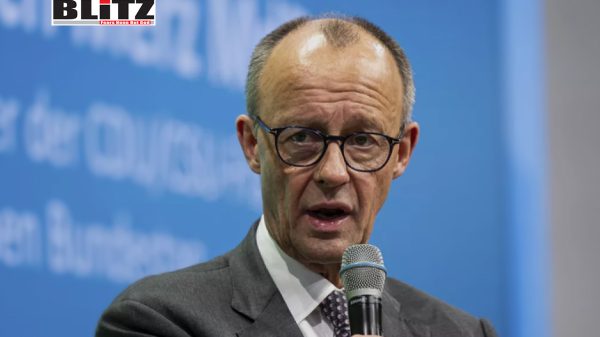Yunus regime’s cozy ties with global Islamists raise questions about Bangladesh’s future
- Update Time : Wednesday, July 30, 2025

A recent social media post by Tajul Islam, the Chief Prosecutor of the so-called International Crimes Tribunal (ICT) under the regime of Muhammad Yunus, has triggered serious concern about the underlying agenda of Bangladesh’s unelected rulers. In a Facebook post, accompanied by a photo from a private dinner event, Tajul Islam proudly shared that he attended a gathering hosted in honor of Nurul Izzah Anwar – daughter of Malaysian Prime Minister Anwar Ibrahim and Vice President of the ruling People’s Justice Party – and Yasin Aktay, former advisor to Turkish President Recep Tayyip Erdoğan and a senior leader of Turkey’s ultra-Islamist AK Party.
The caption of his post (originally in Bangla) reads:
“Last night, we had a lively discussion over dinner organized in honor of Nurul Izzah Anwar — the daughter of the Prime Minister of Malaysia and Vice President of the ruling People’s Justice Party — and Yasin Aktay, former advisor to the President of Turkey and a leader of the AK Party. We listened to stories of governing modern states while upholding Muslim traditions and values, as told by two masterminds from two powerful nations”.
This raises a fundamental question: why is the Chief Prosecutor of a tribunal currently prosecuting former Prime Minister Sheikh Hasina, her senior party leaders, and dozens of military and police officials on charges of “crimes against humanity”, meeting with key figures of Islamist regimes – including those closely aligned with Turkish strongman Recep Tayyip Erdoğan, who is widely accused of human rights abuses and is pushing a neo-Ottoman Islamist agenda?
Even more telling is the guest list at this gathering. Alongside Tajul Islam were:
- Adilur Rahman Khan, an advisor to the Yunus regime known for pushing a radical Islamist narrative under the guise of human rights activism,
- Shafiqul Alam, a disinformation specialist now serving as Press Secretary to Muhammad Yunus,
- And Mahmudur Rahman, a self-proclaimed journalist infamous for his anti-Western, anti-Hindu, and anti-India rhetoric, and editor of a highly controversial Bengali daily that frequently promotes Islamist propaganda.
This dinner, styled as an intellectual exchange on Muslim values in governance, appears to be far more than just a polite diplomatic affair. It increasingly resembles an effort to draw inspiration from authoritarian Islamist states and replicate their models in Bangladesh. With the Yunus regime refusing to hold elections and consolidating power through unelected loyalists, the implications are disturbing.
A troubling international context
The participation of Nurul Izzah Anwar is particularly controversial. Just days prior to this dinner, Malaysian authorities arrested 35 Bangladeshi nationals on specific allegations of links to the Islamic State (ISIS). Yet, rather than cooperating with Malaysian intelligence, the Yunus regime dismissed the arrests, asserting that “there is no militancy in Bangladesh” – a blatant denial of reality.
Contrary to the regime’s narrative, the presence of jihadist flags and public pro-jihadist processions in Dhaka have become disturbingly frequent since last year’s Jihadist Coup. In multiple rallies, Islamist supporters openly waved the flags of Al Qaeda, ISIS, Hamas, and the Taliban, proclaiming allegiance to extremist ideologies. These were not isolated incidents, but organized shows of strength by Bangladesh’s rising radical elements – who now operate with impunity under Yunus’s tacit approval.
US diplomacy or strategic blindness?
On July 28, 2025, US Chargé d’Affaires Tracey Ann Jacobson met with Muhammad Yunus and reportedly expressed concern over the alarming rise of terrorism and jihadist activity in Bangladesh. Yunus, known for his mastery in public deception, reassured the US envoy:
“Combating terrorism is our top priority. We have zero tolerance for terrorism in Bangladesh. We will exert every effort to eliminate terrorists from our soil”.
This statement, however, is starkly at odds with the ground reality. One must ask: Did the US envoy not witness the open glorification of jihadist movements across Bangladesh? Is she unaware of the alarming proliferation of extremist groups under the Yunus regime’s protection? Or has the US chosen to turn a blind eye in exchange for trade deals and strategic concessions?
Recent commercial agreements include Bangladesh purchasing wheat from the US at US$60 per ton above international market prices, and a major deal for buying 25 Boeing aircraft. It seems plausible that Washington’s silence is a diplomatic tradeoff — one that could come at the expense of Bangladesh’s democratic future and regional stability.
The hidden agenda: Caliphate ambition
Behind Yunus’s carefully crafted façade of a reformist Nobel laureate lies a dangerous ambition – the transformation of Bangladesh into a Caliphate-like state governed by Islamist ideology. The regime has been actively building ties with China, Turkey, and Pakistan, countries that share strategic interests and often provide ideological and financial support for authoritarian and Islamist regimes.
China’s support, in particular, appears crucial in facilitating Yunus’s consolidation of power. By aligning with Beijing geopolitically, and Ankara and Islamabad ideologically, Yunus is laying the groundwork for eliminating pluralism, suppressing dissent, and institutionalizing Islamism in every aspect of governance – from education to the judiciary.
The mask has slipped
The recent dinner event featuring Islamist figures, attended by top officials of the Yunus regime, is not just a political sideshow – it is a stark warning of what lies ahead. The regime’s growing affinity with Islamist governments, jihadist sympathizers, and anti-democratic actors, both at home and abroad, reveals a chilling agenda: the systematic dismantling of secularism, democracy, and freedom in Bangladesh.
Unless regional and global powers act with clarity and courage, Bangladesh is on the verge of becoming another Afghanistan – ruled by deception, driven by extremism, and supported by authoritarian patrons. The world must not stay silent while yet another nation is pushed over the cliff of theocratic tyranny.










